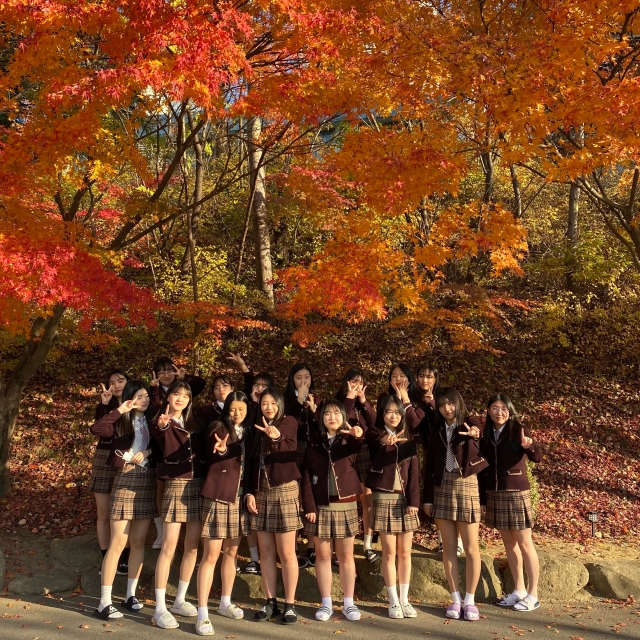[선발]ING-영자신문
저희 동아리는 근영여고 대표 영자신문 동아리로, Geunyoung English Times를 발행합니다. 영어로 신문을 만드는 활동만 하는 것이 아니라 영어권 지역의 문화를 학생들과 나누고 전 세계의 이슈들을을 영어로 전달하는 활동을 하는 아주 멋진 동아리입니다.

I don't go, I don't buy. |
|||||
|---|---|---|---|---|---|
| 이름 | 안혜령 | 등록일 | 19.10.18 | 조회수 | 213 |
|
'I don't go, I don't buy.' 20619이승미 O n August 2 this year, Japan excluded Korea from the white country. A white country is a country that exempts Japan from applying for permission when exporting high-tech and electronic components to other countries that may pose a threat to its security guarantees. These countries consider that the Japanese government has no security problems, and thus give preferential treatment to Japanese products in the licensing process. There were 27 such countries, including South Korea, but the country was limited this year. Abe said, "If Japanese companies suffer damage from Korea, it would be better to put the blame on Korea for fear that it would be a big damage to him, who has been leading the approval rating through a favorable economic situation." As a result, Japan on July 1 excluded Korea from the list of security-friendly countries, along with restrictions on exports of semiconductors to Korea. I f we boycott Japan, there are positive and negative effects in Korea. The positive effects are that Japan could retaliate against economic retaliation, and that the nation's economy would be revitalized. The boycott will increase the demand for Korean goods rather than Japanese products. This is a great help to the economy as it affects not only the local economy but also the exchange rate. Also, trade retaliation can be made for the three kinds of export items that will not be exported to us. The negative effects include the use of domestic products, the loss of competitiveness of Korean products, and the decrease of domestic exports. It is rumored that Japanese products are meticulous and don't break down well around the world. If we turn down the good products, Korean companies will not have to struggle to make good products because they are not supposed to buy Korean products even if they are as good as Japan, and the competitiveness of our products will be lost. Despite this, Korea continued to strengthen its commitment to boycott Japanese products. As Japan excluded Korea from white country, many people began boycotting Japanese products. 'I don't go, I don't buy.' This is the slogan of the movement. Small and medium-sized merchants and companies had earlier declared a halt to the sale of Japanese products. There are also active boycotts on the SNS of the general public regardless of age, male or female. The actual reservation and cancellation status of major travel agencies' Japanese products increased from 48.5% to 75.7%. The boycott movement is also becoming popular. That includes Japan's Uniqlo, Daiso, Asahi Breweries, camera brands Sony and clothing brands asics, Descente and ABC Mart. Among them, it has been hard to find consumers at Uniqlo stores in Korea since Takeshi CFO Zakai, the head office of clothing brand Uniqlo, used absurd remarks to undermine Korean consumers and fueled the boycott. Also, Japanese beers began to be invisible at convenience stores, including CU and GS25. 'I don't go, I don't buy.' The whole world is paying attention to how long this voice will resonate in Korea.
|
|||||
| 이전글 | Dementia Diagnosis by Blood |
|---|---|
| 다음글 | The 21st century, the era of one-man media |